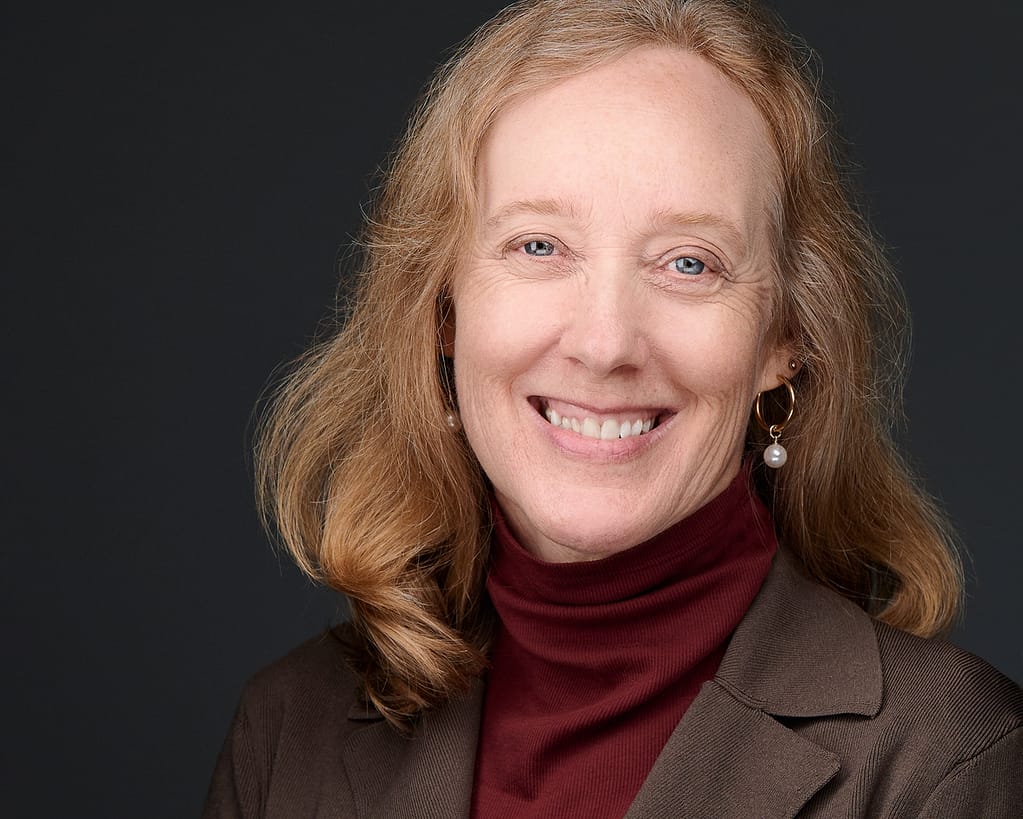Assessment
At Saint Michael’s College, regular assessment of student learning is an integral part of our enactment of our commitment to student academic achievement and teaching excellence. We believe that it is important both to collect meaningful measures of student learning and to use those assessment results to inform ongoing work to ensure that our curriculum and pedagogies engage students with meaningful and rigorous learning opportunities.
In addition to these intrinsic reasons for undertaking assessment, we are also responsible to NECHE, our accrediting body, which calls upon us to develop “a comprehensive and systematic approach” to assessing student learning outcomes. Standard Eight of the NECHE Standards for Accreditation sets the expectation that the “results of assessment and quantitative measures of student success are a demonstrable factor in the institution’s efforts to improve the curriculum and learning opportunities and results for students” (NECHE Standard 8.8).
As a College, we engage in multiple distinct but connected forms of academic assessment:
- As instructors, we establish course-level student learning outcomes (SLOs) that we use to assess student performance in a specific course. The ways in which course-level SLOs contribute to achieving program-level SLOs can be documented with program curricular maps.
- Program-level SLOs are the set of learning outcomes that a program faculty have established as the expectations for what a student should know upon completion of the major. The majority of Program Learning Outcomes are specific to each program but all programs also incorporate the Core competencies consisting of ethical reasoning, information literacy, oral communication, and written communication. Each program’s learning outcomes are listed on our website. The College periodically reports to NECHE on how we make use of PLO assessments. NEHCE asks us to reflect on how we determine that graduates have achieved the stated outcomes and to explain changes that have been made as a result of assessing the evidence.
- Program Self Studies: The every-sixth-year review of academic programs is an ongoing, formative process, whose goal is to insure the strength and continual improvement of the program. It provides programs, in conjunction with academic administration, with an opportunity to reflect on their current situation and on best practices in their discipline, and to make plans for the future. Program reviews provide opportunities for both the department and the administration to propose questions/issues for analysis and review. In general, the review focuses on program learning outcomes, program goals and student outcomes post-graduation, and how the program might need to change in order to achieve its goals. In addition to the every-sixth-year review, programs also submit three-year interim reports which serve as reflections on progress made since the last formal review.
- The faculty have also established Core Curriculum SLOs for each of the 11 areas of the Core*, our General Education Program. Each area of the Core is assessed on a three-year cycle. In year one, faculty teaching classes in a core area up for review collect assessments; in year two, they collaborate to analyze assessments and decide on any resulting revisions to learning outcomes and/or assessments; in year three, revisions are implemented before the next round of assessment begins. In some cases, courses in the Core also meet program requirements, which means that the faculty member teaching a course that serves both purposes will be integrating Core and program-specific SLOs into their assessment of student learning.
- *The SMC Core Curriculum consists of eleven areas: Catholic Intellectual Traditions; Christian Traditions; Engaging Diverse Identities; First Year Seminar; History & Society; Junior Seminar; Literature & Arts; Philosophical Questions; Quantitative Reasoning; Scientific Inquiry; Second Language.
- Some of our programs undergo additional accreditation reviews. For example, our Education programs undergo regular Results Oriented Program Approval (ROPA) review by the Vermont Standards Board for Professional Educators (VSBPE).
